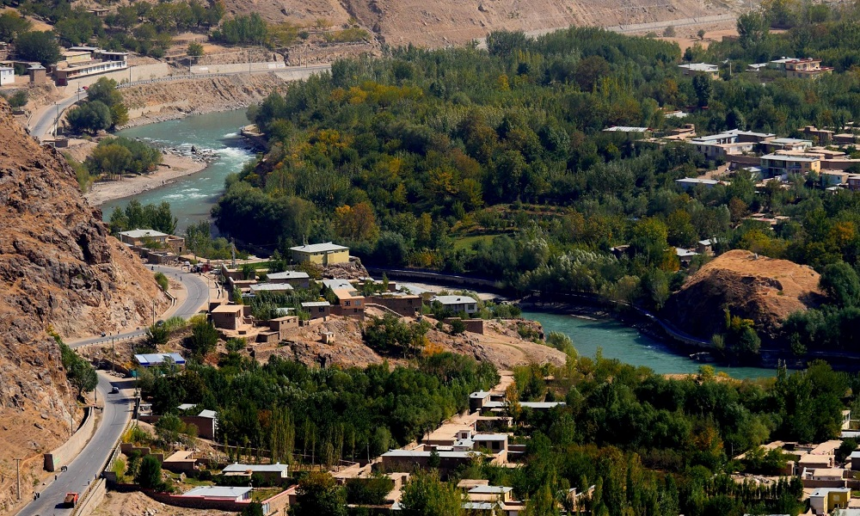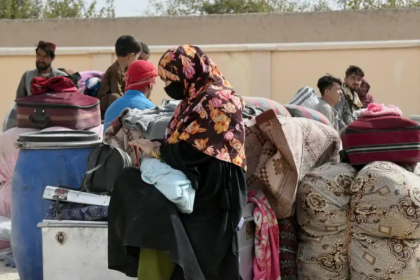RASC News Agency: In a development that has raised significant alarm among local residents and human rights observers, sources in Badakhshan Province have confirmed that a secretive, high-level security meeting was recently convened by the Taliban. The meeting, held four days ago, brought together governors from several northern provinces and was presided over by Qari Fasihuddin Fitrat, the Taliban’s Chief of Army Staff. Although Taliban officials have publicly framed the gathering as a “regional security coordination session,” insiders with knowledge of the discussions have revealed to RASC News Agency that the meeting’s true agenda was far more disturbing. At the heart of the discussions was a plan to forcibly resettle Pashtun migrants and their families into Ismaili-majority districts of Badakhsha an ethnically and religiously diverse province long viewed as a bastion of cultural pluralism and resistance to Taliban control.
According to these sources, agreements were made between Qari Fasihuddin and Taliban-appointed local authorities to begin the transfer of Pashtun populations into Ismaili communities. Analysts fear this could mark the beginning of a calculated campaign of demographic reengineering a tactic aimed at diluting local identities and consolidating Taliban dominance through forced displacement and settlement. Even more troubling are reports that the Taliban also discussed the imposition of “baj” (a protection tax) and “jizya” (a discriminatory levy historically imposed on religious minorities) specifically targeting the Ismaili population of Badakhshan. If enacted, these measures would institutionalize sectarian economic extortion and religious persecution under the Taliban’s theocratic regime drawing comparisons to practices employed by extremist groups with a long history of targeting religious minorities.
This potential policy shift is not only a flagrant violation of international human rights norms, but also a direct threat to the social cohesion and stability of northern Afghanistan. The Ismaili community already marginalized under Taliban rule now faces the very real possibility of being economically coerced, forcibly displaced, and culturally erased under a regime that views diversity as an existential threat. As of this report, Taliban spokespeople have neither confirmed nor denied the contents of the meeting. However, their silence has only deepened public fear and reinforced the perception that Taliban rule is increasingly reliant on coercive and sectarian tactics to maintain control in regions historically resistant to their ideology.
This unfolding situation in Badakhshan is not an isolated incident. It reflects a broader, deeply troubling trend under Taliban governance one in which demographic manipulation, religious discrimination, and institutionalized repression are deployed as tools of control. The international community must not turn a blind eye to these developments. Failure to act decisively risks enabling the Taliban to entrench an apartheid-like system that threatens not only Afghanistan’s fragile social fabric but the very principles of human dignity and justice. The Taliban’s continued use of closed-door decision-making, unchecked authority, and religiously motivated coercion illustrates the depth of their contempt for inclusive governance. As these policies unfold, they reveal a regime determined not to serve its citizens, but to subjugate them one minority at a time.






